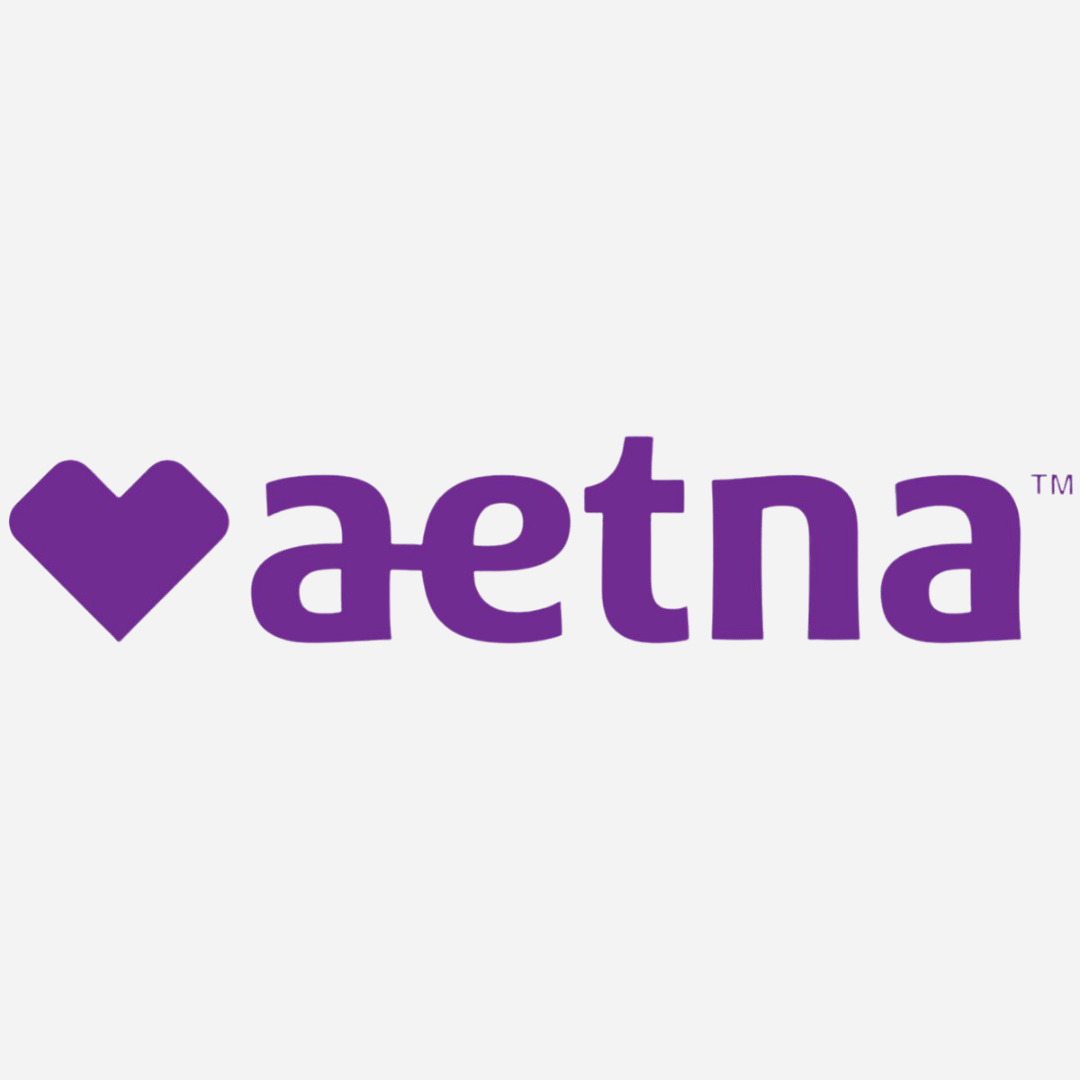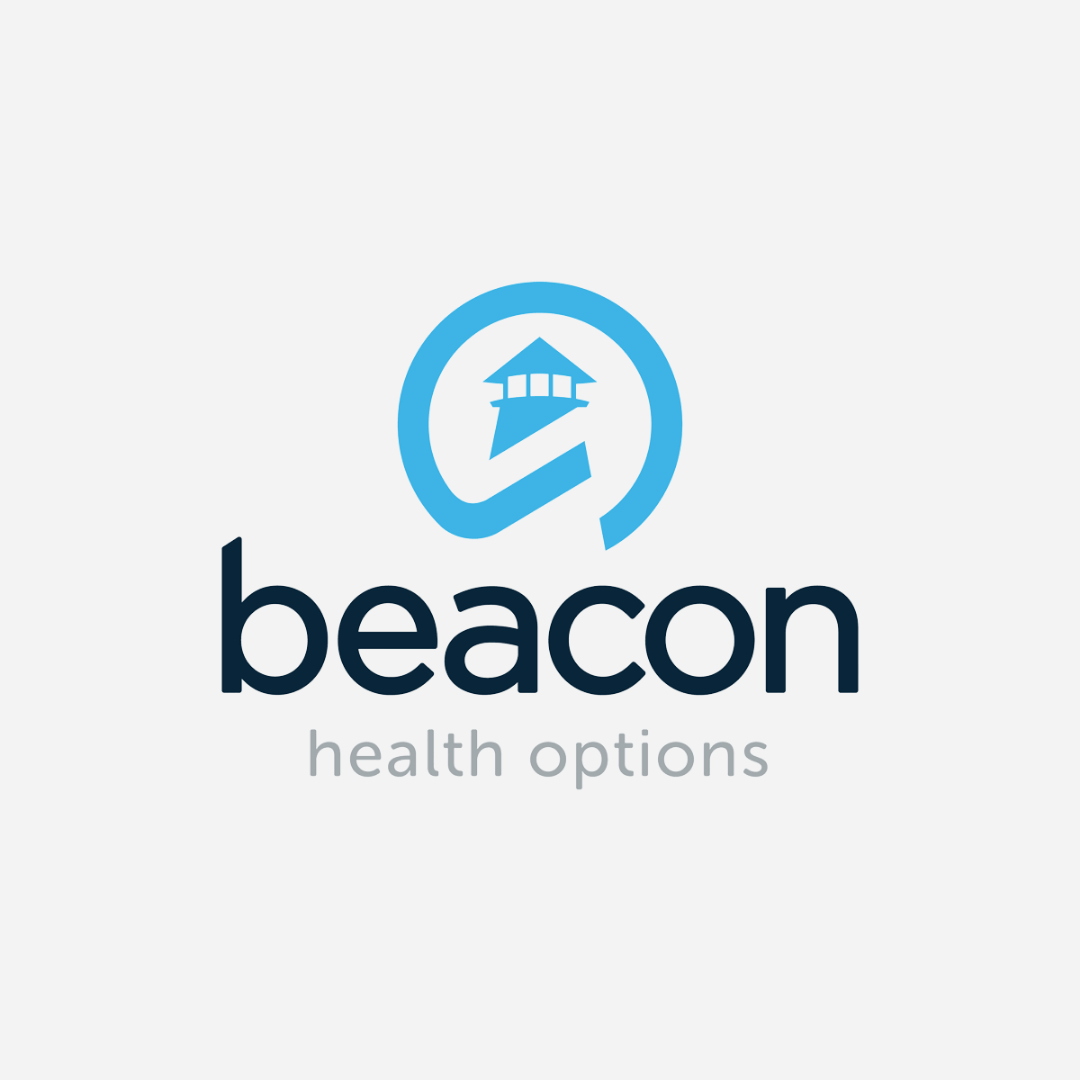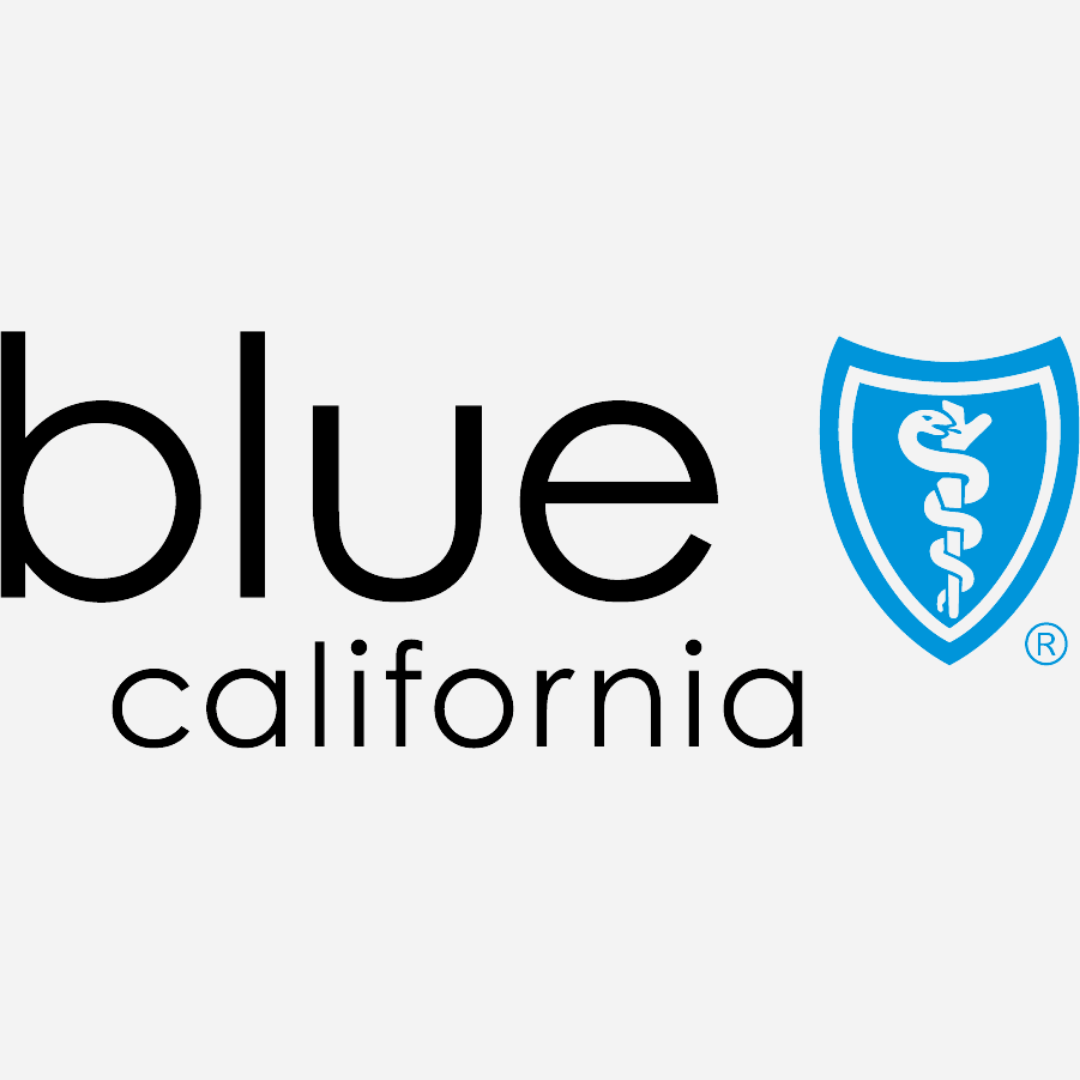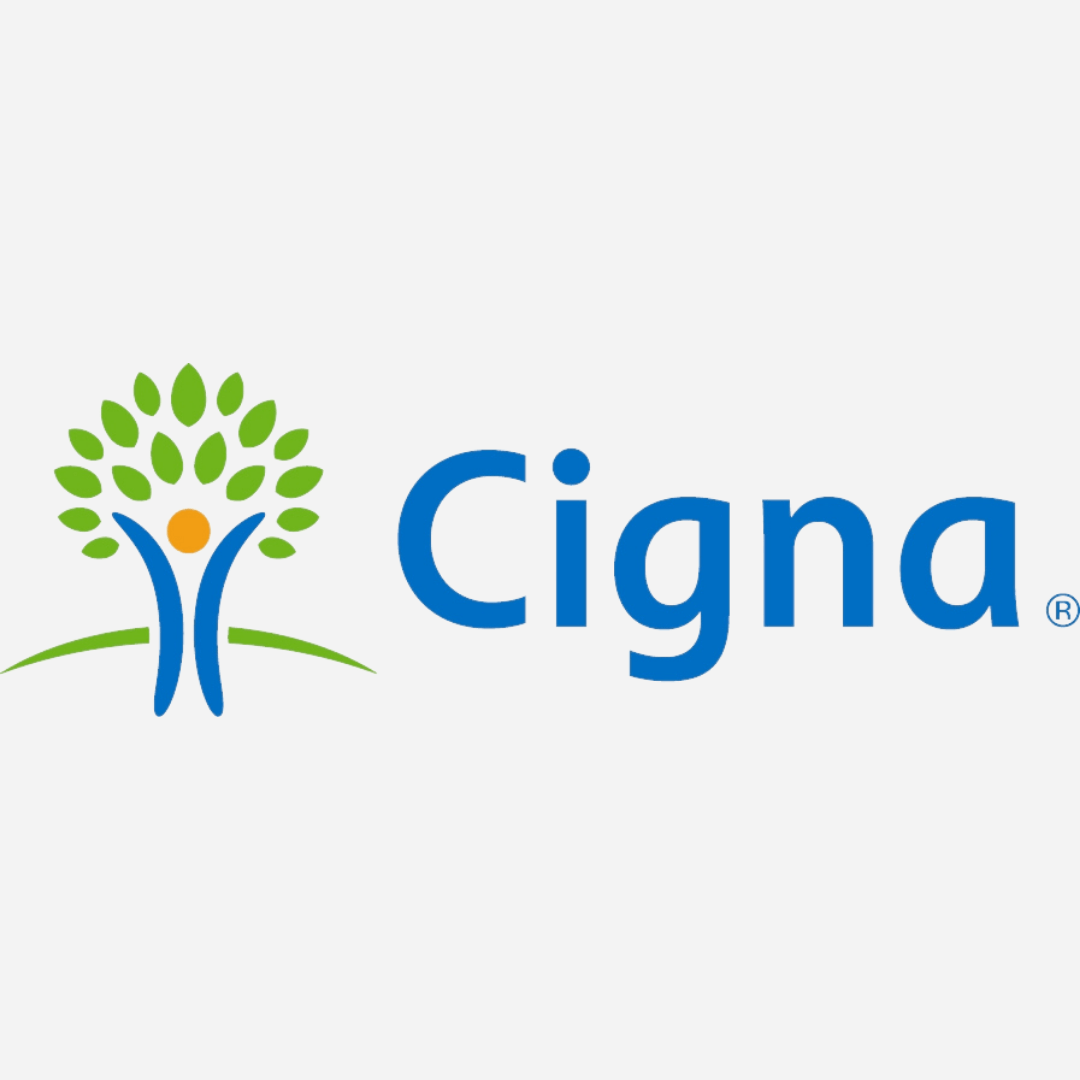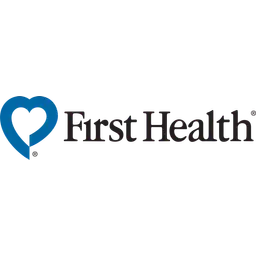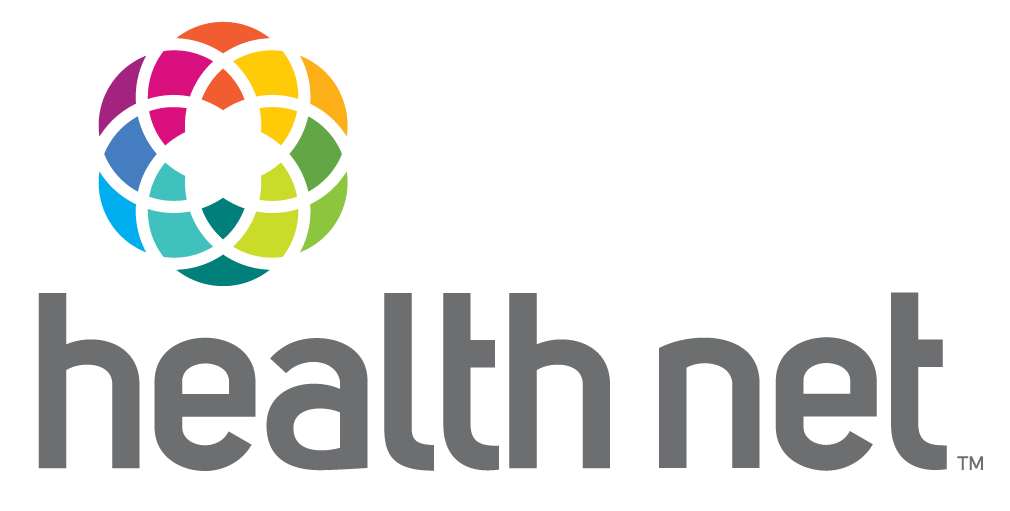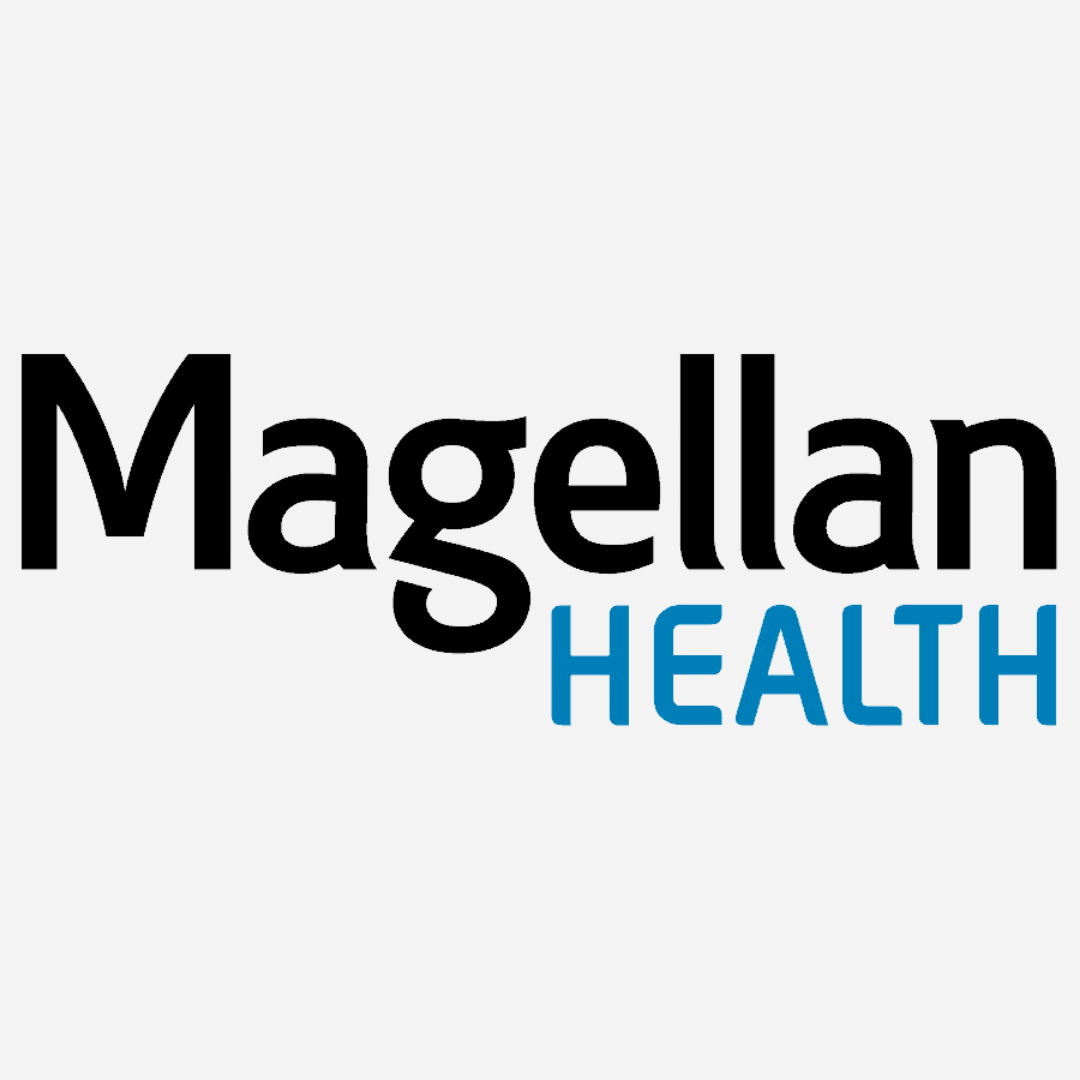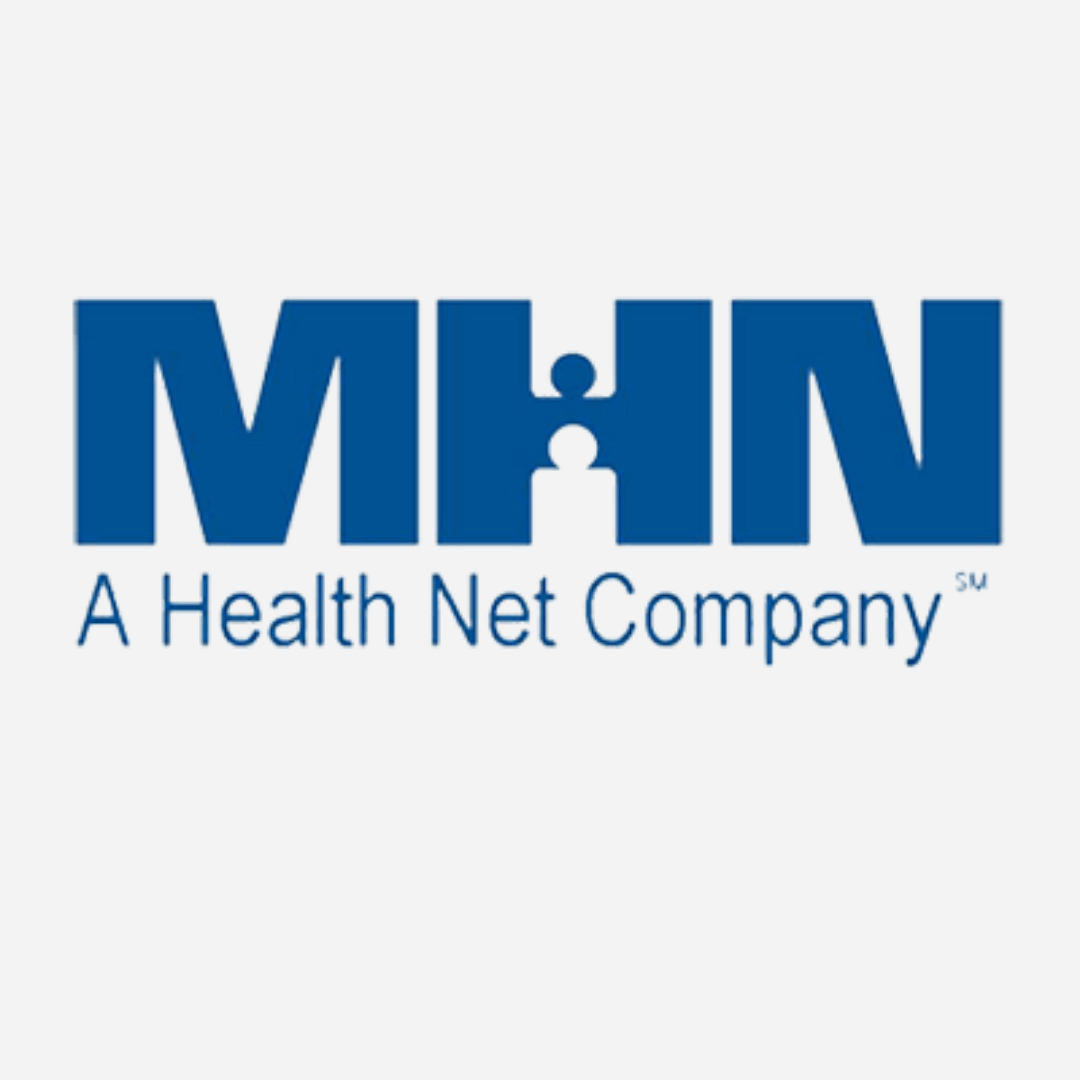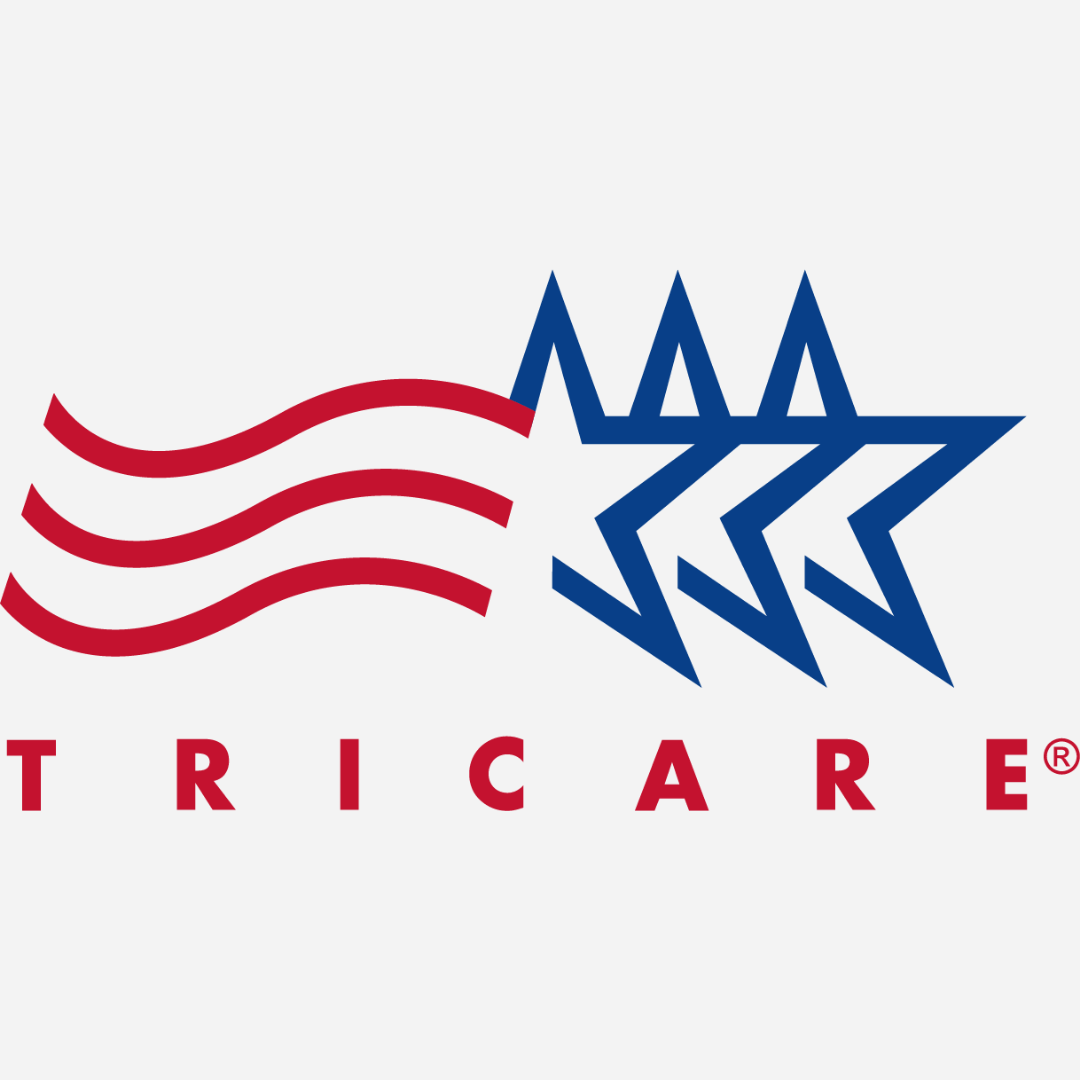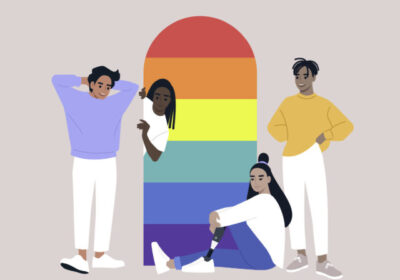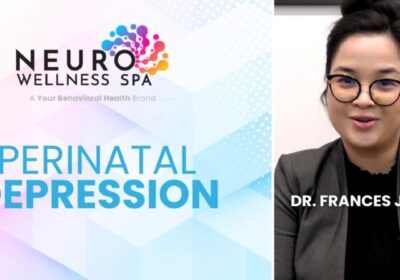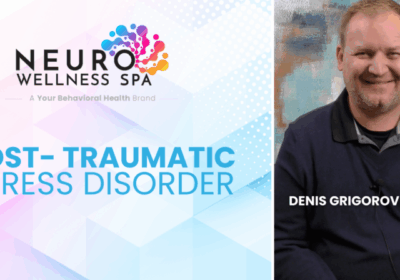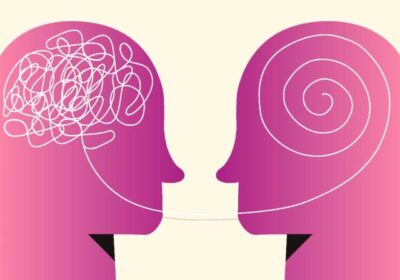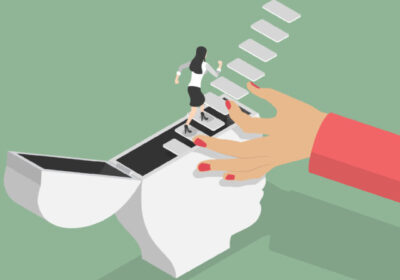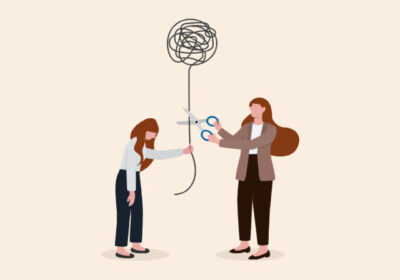Psychiatry, Psychotherapy, and TMS Therapy for Depression
At Neuro Wellness Spa, we specialize in supporting individuals who are struggling with depression. Our dedicated team is committed to helping you not only manage your symptoms but thrive.
Depression and related disorders affect millions annually. We collaborate closely with you to identify the most effective treatment, whether it involves medication, therapy, or non-medication options like TMS.
How We Can Help Treat Your Depression
Our psychiatrists, therapists, and other mental health experts work with you to address the core issues impacting your mental health and help you build the skills and resources to manage your depression. We provide:
Medication Management for Depression
Our psychiatrists are here to assist you in determining whether medication could be an effective approach for your depression treatment. There are many different depression medications available that can significantly improve your quality of life, including:
- Selective Serotonin Reuptake Inhibitors (SSRIs): The gold standard of medications to treat depression. Low serotonin levels can cause depression symptoms and SSRIs work by increasing serotonin in the brain.
- Serotonin Norepinephrine Reuptake Inhibitors (SNRIs): SNRIs are usually prescribed when depression is co-occurring with other conditions such as anxiety or chronic pain, or if you are experiencing a decreased libido. Similar to SSRIs, SNRIs also increase the levels of norepinephrine in the brain.
- Norepinephrine and Dopamine Reuptake Inhibitors NDRIs): One of the newer class of antidepressants on the market with fewer side-effects. This class can be prescribed when SSRI’s and SNRI’s are not working or you are experiencing severe side effects.
- Tricyclic Antidepressants (TCAs): Very effective class of antidepressants but associated with many side effects that have been replaced with newer classes SSRIs and SNRIs. This class is typically reserved as a last line of treatment when all other alternatives have failed.
You have the flexibility to meet with your psychiatrist either in person or virtually, allowing you to access care conveniently from the comfort of your own home.
TMS Therapy for Depression
Many individuals struggling with depression experience symptom relief with Transcranial Magnetic Stimulation (TMS) therapy. TMS is non-invasive, FDA-approved, and medication-free. Each session lasts just 20 minutes, with minimal to no side effects, and patients often experience noticeable improvement within two weeks.
At Neuro Wellness Spa, we provide personalized TMS sessions in private treatment rooms, and covered by most insurance.
Talk Therapy for Depression
Our therapists are masters-level clinicians who are committed to your well-being. We’ll curate a personalized plan for your depression that works for you, our therapists can leverage the following modalities for depression:
- Cognitive Behavioral Therapy (CBT): CBT focuses on identifying negative thought patterns and teaching you to reframe them into more positive and healthier thoughts. By progressively replacing these dysfunctional thoughts with adaptable ones, it encourages you to rewrite your own script and pull yourself back into your core values that may have gotten lost during the depression.
- Dialectical Behavioral Therapy (DBT): We can also leverage some DBT skills to help with depression. Mindfulness, distress tolerance, emotional regulations, and interpersonal connections are all skills that when applied can help improve depression symptoms.
- Psychoeducation: We will hone into how depression manifests in you specifically and identify mechanisms that can help abate your symptoms. Implementing routines, diet and exercise, sleep hygiene for example.
- Exposure and Response Prevention (ERP): Typically reserved for those suffering from OCD or phobias, can be beneficial if your depression has caused you to become isolated and develop social anxieties. ERP here will help teach you that it is okay to feel anxious, and to experience the discomfort rather than shelter yourself.
- Acceptance and Commitment Therapy (ACT): Depression and negative thought patterns can alter your perception of your identity and sense of self. ACT works by encouraging you to accept your emotions for what they are and committing to making decisions that are more aligned with your core values and defusing the unhealthy thoughts
Whether that involves Cognitive Behavioral Therapy (CBT), Dialectical Behavior Therapy (DBT), Exposure and Response Prevention (ERP), or another effective approach. You have the flexibility to meet with your therapist either in person or virtually, ensuring that you can access the support and care you need in a way that suits your lifestyle.
Residential & Outpatient Programs for Depression
If you’re looking for a more focused program to treat your depression, we can work with you to determine if our partner programs at Clear Behavioral Health are a good fit. Clear Behavioral Health is managed by the same experienced mental health clinicians as Neuro Wellness Spa and provides residential programs as well as in-person and virtual outpatient (PHP and IOP) programs.
What is Depression?
You can develop depression at any point in your life. The symptoms and side effects of depression may interfere with your ability to function and quality of life. You might experience depression due to genetic factors or life experiences.
We use comprehensive depression screening tools to ensure you access appropriate and effective depression treatment. Together, we can determine the most appropriate level of care to support your journey toward improved mental health and well-being.
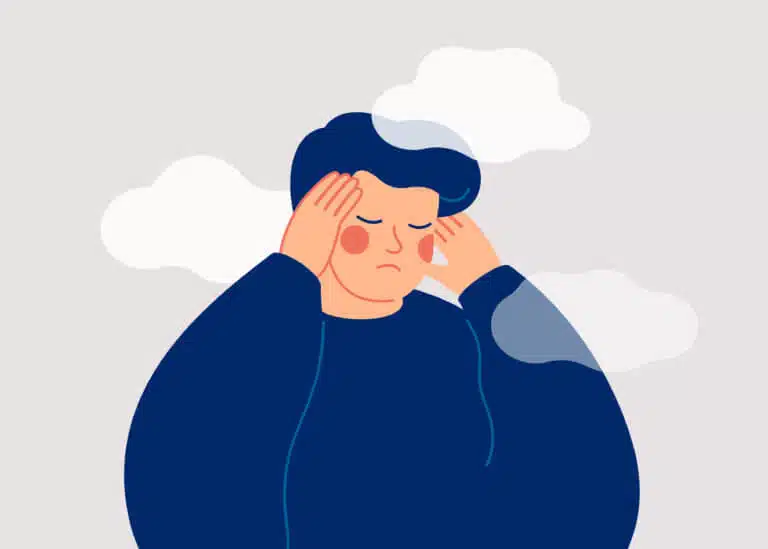
Signs of Depression
Some of the most common signs and symptoms of depression include:
- Persistent and profound feelings of sadness, helplessness, hopelessness, or dread
- Loss of interest in previously enjoyed activities
- Sleep disturbances, including insomnia or oversleeping
- Mood swings
- Anxiety
- Unusual irritability
- Frequent crying
- Changes to appetite
- Difficulty concentrating
- Self-harming behaviors
- Suicidal ideation
If you’re experiencing any of these symptoms, contact us today and we can help you find effective treatments and tools to restore joy in your life.
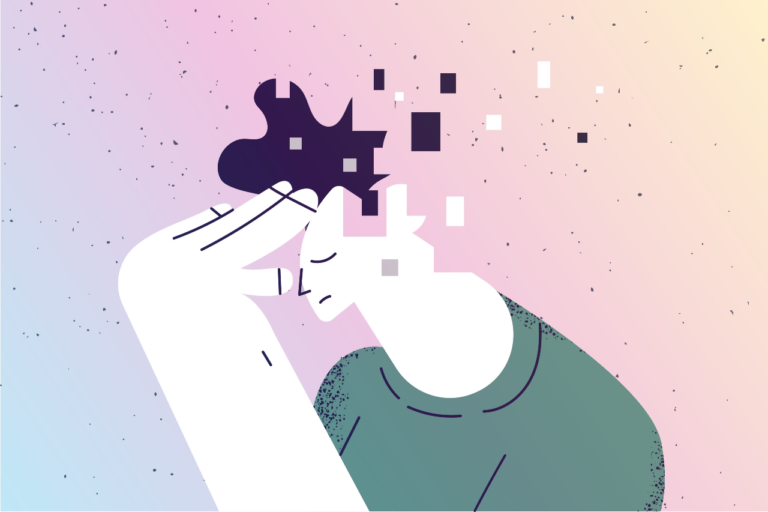
Types of Depression
The mental health experts at Neuro Wellness Spa treat all types of depression, including:
- Manic Depression (Bipolar Disorder)
- Seasonal Depression (Seasonal affective disorder or SAD)
- Persistent Depressive Disorder (Dysthymia or PDD)
- Postpartum Depression
- Pregnancy Depression (Antenatal depression)
- Therapy/Treatment-Resistant Depression
We tailor your treatment to your specific needs based on the type of depression and symptoms you’re experiencing.
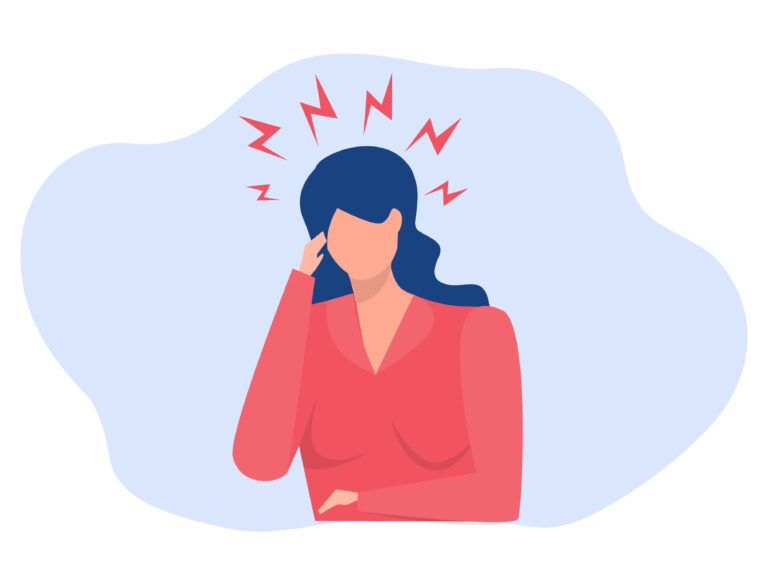
Changes in physical and emotional reactions
Why Us?
At Neuro Wellness Spa, we empathize with the impact depression can have on your life. We believe you deserve access to the highest quality treatment programs and services tailored to meet your unique needs. Our expert team specializes in delivering transformative care for individuals coping with depression. Our clients place their trust in us to navigate them through treatment, empowering them to heal from the effects of depression and other related mental health challenges effectively.
Get started in a few easy steps
Check eligibility
See what you can save through your insurance plan.
Brief assessment
Answer a few questions to get started.
Meet your provider
Begin the journey towards a happier, healthier you.
Our Locations

Brea


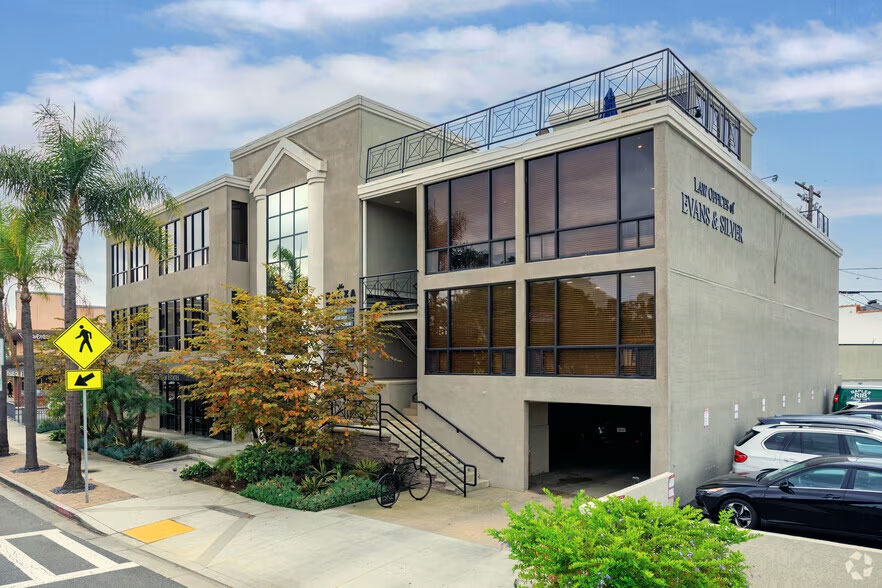






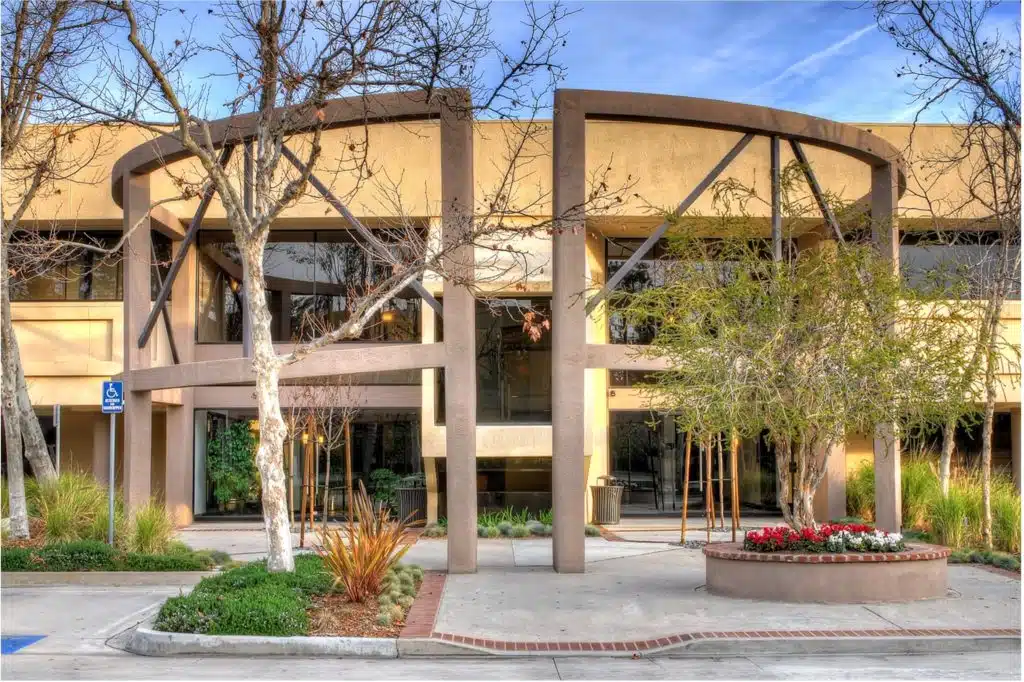

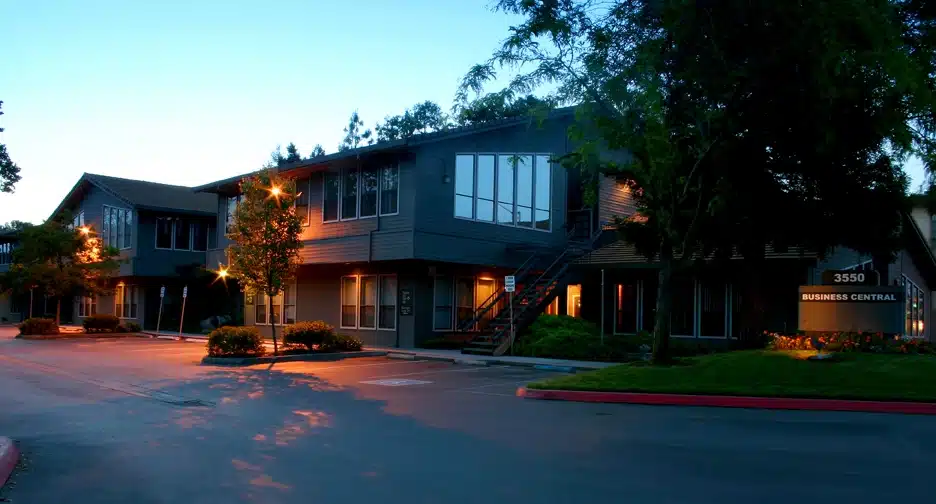
Frequently Asked Questions
-
Will I continue to experience depression after treatment?
Some people who get treatment for depression never experience symptoms again, while for others, it’s a recurring mental health issue that they learn to manage. We customize treatment for your specific needs and ensure you have the tools and resources you need.
-
What to expect during TMS therapy for depression?
TMS therapy uses magnetic pulses to stimulate the brain. During treatment sessions, you’ll wear an electromagnetic coil carefully situated to send pulses through areas of the brain related to depression. Treatments take around 20 minutes per session and you can start to feel better in as little as two weeks.
-
Will therapy help?
Our experienced team of therapists uses a combination of modalities, including CBT, DBT, and ERP to treat your anxiety through brief integrative therapy. Our licensed therapists work with you to establish realistic goals to relieve your symptoms.
